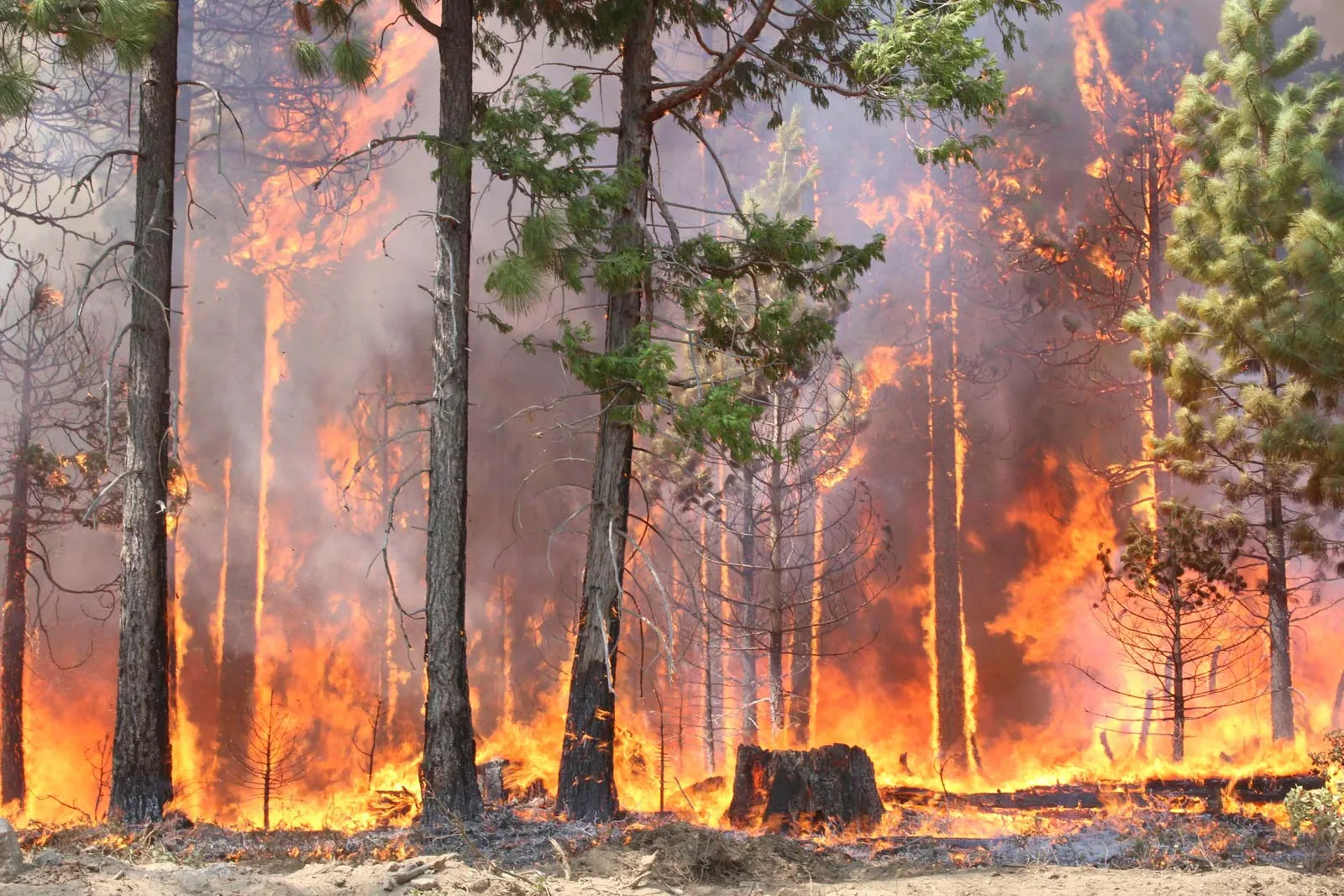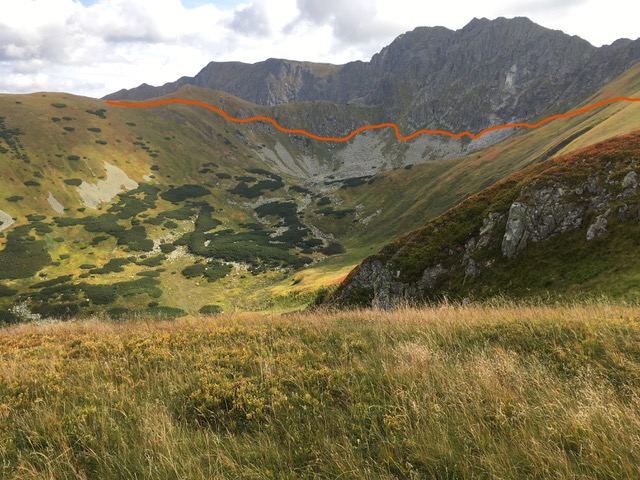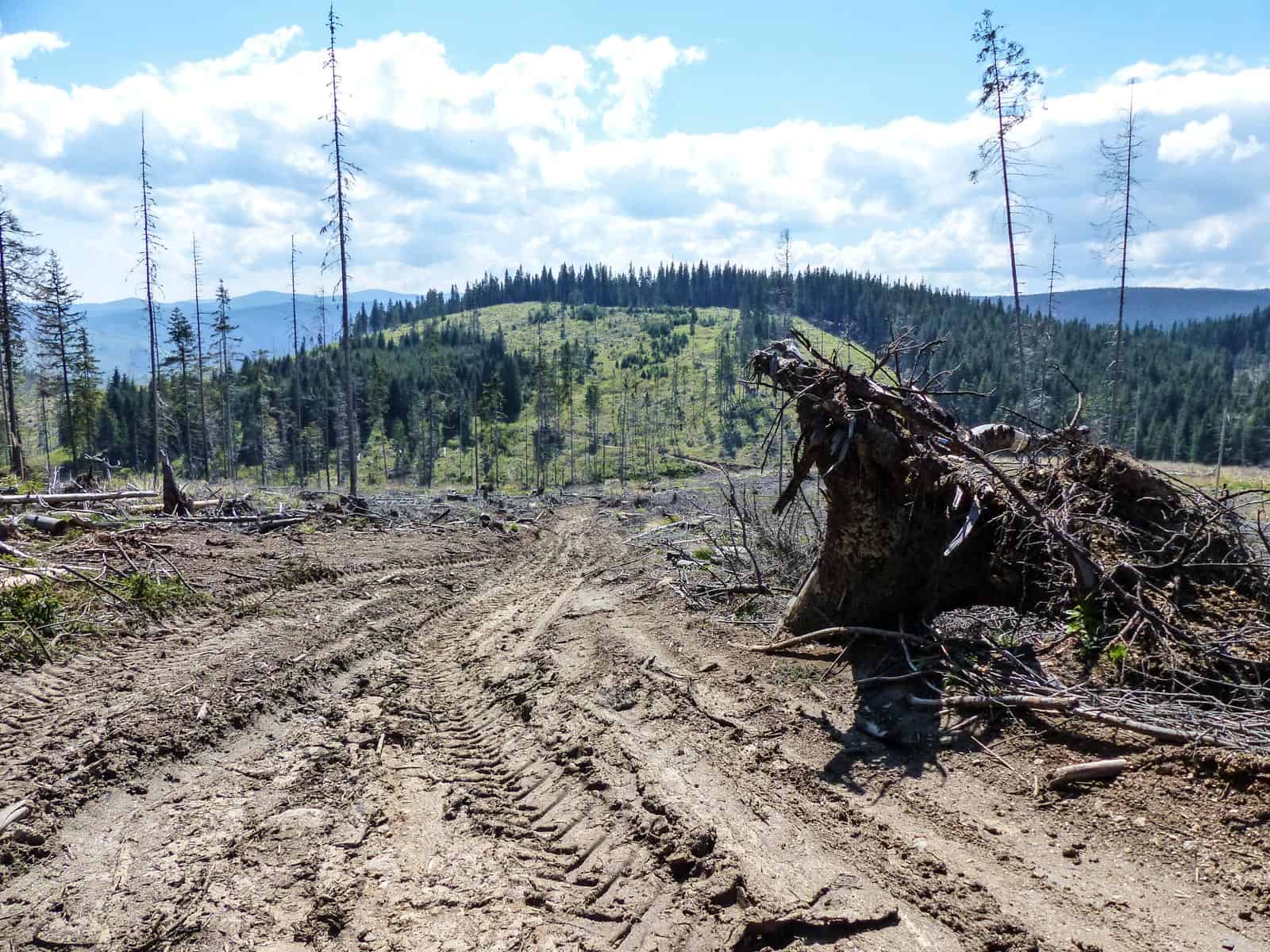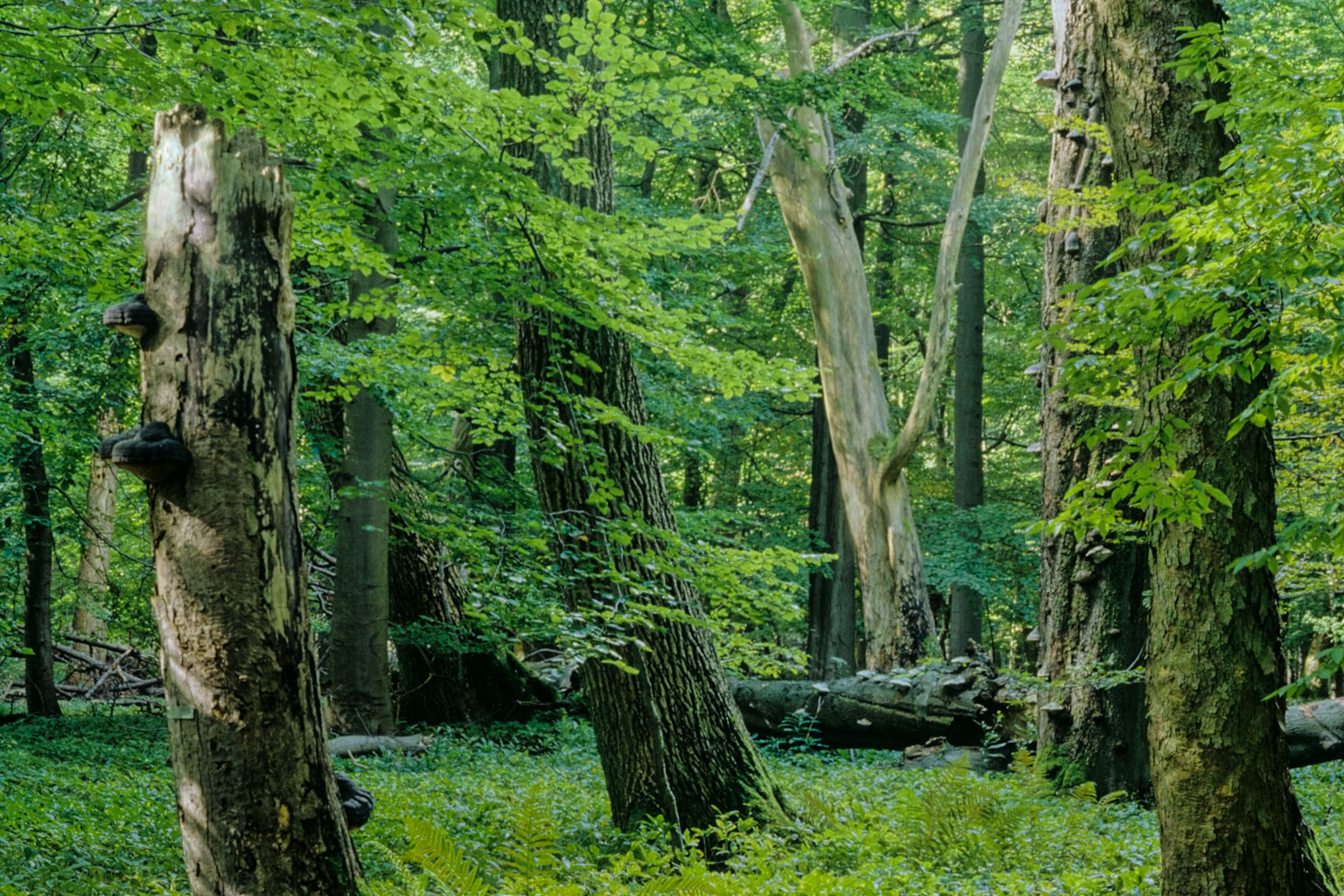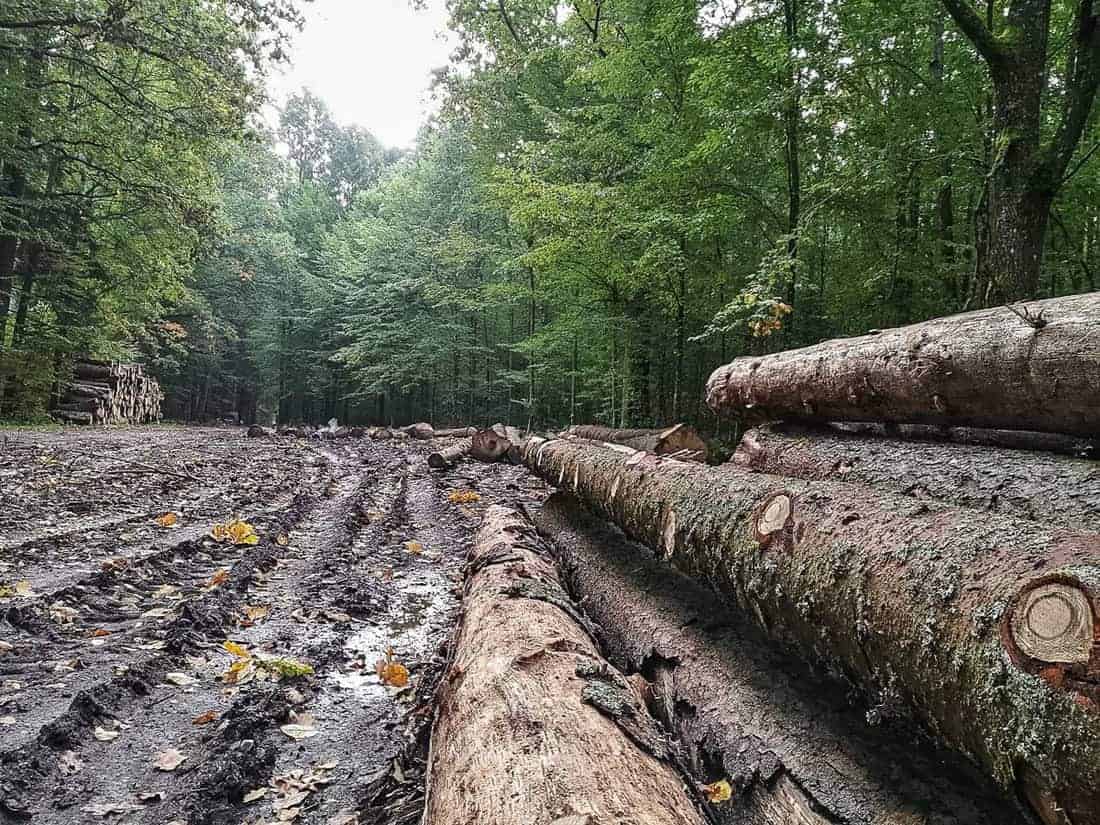Paradox of fire suppression
The “paradox of fire suppression” refers to a counter intuitive phenomenon in which the active suppression of wildfires, such as through firefighting efforts, can lead to more severe and destructive fires in the long run.
By preventing smaller, natural fires from occurring, fuel accumulates over time, increasing the risk of larger and more intense wildfires. This paradox highlights the importance of controlled, prescribed burns and other strategies to manage fire-resist ecosystems and reduce the likelihood of catastrophic fire events.
What is forest fire?
A forest fire, also known as a wildfire, is an uncontrolled and often rapidly spreading fire that occurs in a forested area. Forest fires can be ignited by various sources, including lightning strikes, human activities, or volcanic eruptions.
They pose a significant threat to ecosystems, wildlife, property, and human lives. Controlling and managing forest fires is essential to minimize their destructive impact and maintain ecological balance in forested regions.
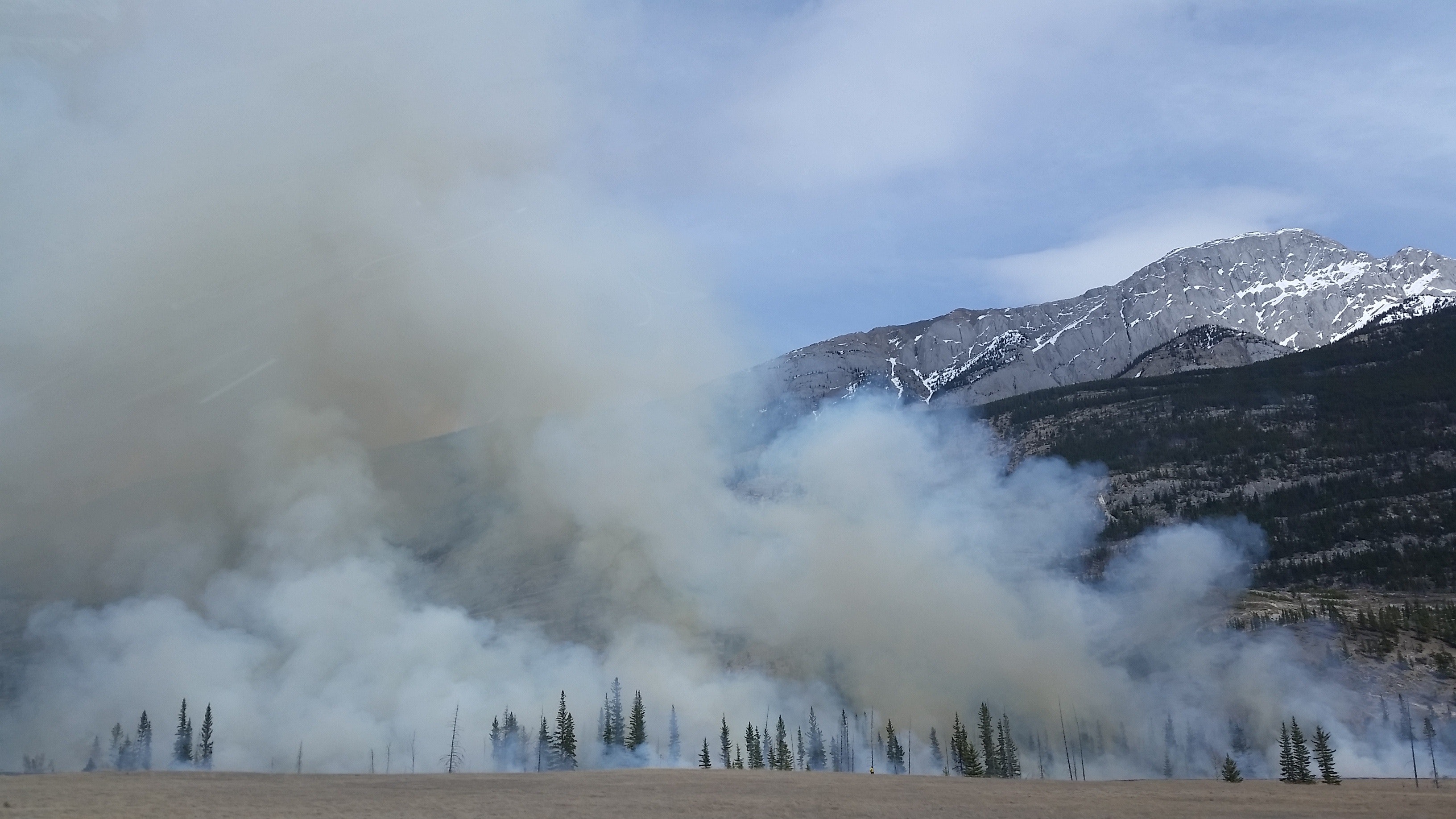
European forests stand on burned historical forests
Majority of European forests stand on layers of burned historical forests. These layers document a long history of spontaneous natural fires in the region.
Fire has been part of the dynamics of European ecosystems for thousands of years. During that time, it shapes the composition and dynamics of these forests and plays a significant role in their ecological history.
Natural forest fire resistance
The natural resilience of wildfires is often the result of an ecosystem’s adaptation to fire over time. Some of the ways natural forests become more resistant to fire include:
1. Fire-Adapted Species: Many tree species have evolved fire-resistant traits, like thick bark or fire-resistant seeds.
2. Natural firebreaks: Natural features like rivers, cliffs, or open meadows can act as barriers to slow or stop fire spread.
3. Ecological Succession: Forest naturally regenerates after fires. In this process young trees, often naturally more fire-resistant trees replacing older ones.
4. Climate and Weather: Fire-resistant forests may benefit from local climate conditions, like higher humidity or frequent rainfall.
5. Wildlife Impact: Some animals can modify vegetation in ways that reduce fire risk, like beavers creating wetlands.
It’s important to note that while some natural forests have significant level of fire-resistance, other ecosystems depend on periodic fires for their health and regeneration.
Fire is important in many forest ecosystems in Europe
The fire has played a crucial role in shaping and maintaining many forest ecosystems in Europe. Some tree species, such as certain pines or oaks, adapted to rely on periodic fires for their regeneration.
Fire helps clear the forest floor of dead debris, opens up space for new growth, and recycles nutrients. Without the influence of fire, the composition and structure of European forests would likely be different. There would be very likely that some tree species may not thrive as they do in fire-resist ecosystems.

The positive role of fire
The positive role of fire in a forest ecosystem includes promoting ecological renewal, as it clears away dead vegetation, stimulates new growth, and increases biodiversity. It also aids in nutrient cycling, recycling essential nutrients into the soil to support plant growth.
Fire can trigger the germination of certain plant species’ seeds and create open areas. It also providing critical wildlife habitat and enriching the overall health and resilience of the ecosystem.
The negative role of fire
The negative role of fire in a forest ecosystem involves its potential for destruction, as uncontrolled fires can devastate forested landscapes, causing loss of life, property, and biodiversity.
Fires can also harm air quality and human health due to the release of smoke and pollutants. Additionally, they may lead to increased soil erosion post-fire, further degrading the ecosystem and impacting its overall stability and functionality.
Since ancient time forest is gradually evolving from fire less-resisted forest to fire-more resisted forests.

